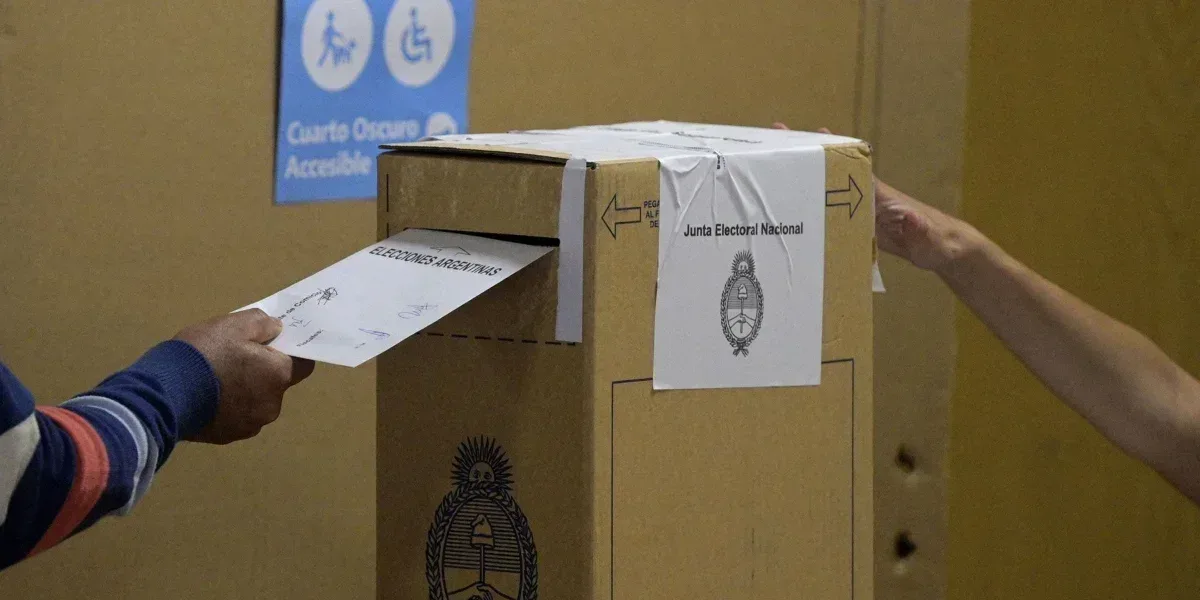
Although the decision of the Supreme Court defined that the elections for governor be suspended due to the challenges of Sergio Uñac and Juan Manzur, almost 70% of the electoral roll went to vote to elect mayors, councilors and provincial deputies. At 6:00 p.m. the elections closed in San Juan, although the first trend will be known only after midnight. The citizens attended to elect 19 mayors, councilors of 19 deliberative councils, 16 proportional deputies and 19 departmental deputies, and with a large call, the province was one of the four that had electoral activity this Sunday, since in Salta, Tierra del Fuego and La Pampa governors were elected. Likewise, members of the opposition denounced the theft of ballots through their social networks. “There is scandalous theft of ballots, unofficial ballots and impossibility of entering the dark room due to the refusal of several table presidents with the complicity of the electoral delegate,” said Maximiliano Ferraro, deputy for the Civic Coalition.In the same line, his partner Mariana Zuvic remarked that “Uñac fully demonstrates that the only way to stay in power is by lying and falsifying the will of the people.” However, Daniel Olivares Yapur, a member of the Electoral Tribunal of San Juan, revealed that no complaints of irregularities were registered. For his part, the current governor commented that “today we have the possibility of electing our representatives and that is something that cost us a lot to achieve,” and asked that “we live this day with absolute freedom, respect and responsibility.” The Supreme Court’s measure responds to the request of Libertarian candidate Sergio Vallejos, who said that Uñac – elected lieutenant governor in 2011 and governor in 2015 and 2019 – is heading for a fourth term. Another different feature of this election day in San Juan comprises the three systems that were used for the elections. In the case of the mayors, the elections were governed under the Democratic Participation System (SIPAD), similar to the Law of Slogans.On the other hand, for the departmental deputies they used the method of simple majority of votes, taking each department as a single district. As far as proportional deputies and councillors are concerned, the elections were conducted using the D’Hondt System. Of the 603,276 citizens qualified to vote, San Juan surprised with a large turnout, reaching almost 70% of the electoral roll.
"El reclamo puede ser genuino, pero construido sobre una mentira", apuntó el presidente Javier Milei…
El gobernador de la provincia de Buenos Aires, Axel Kicillof, encabezó un acto en Ensenada…
El diputado nacional de La Libertad Avanza, José Luis Espert, expresó su confianza en la…
Tras la masiva reaparición de Cristina Fernández de Kirchner, el presidente Javier Milei apuntó contra…
El principal propósito de la nueva comisión es evaluar los recursos humanos en el Senado,…
En una medida que busca redefinir las condiciones de los seguros de automóviles en Argentina,…
Esta web usa cookies.